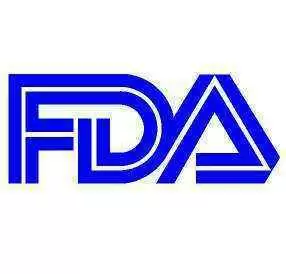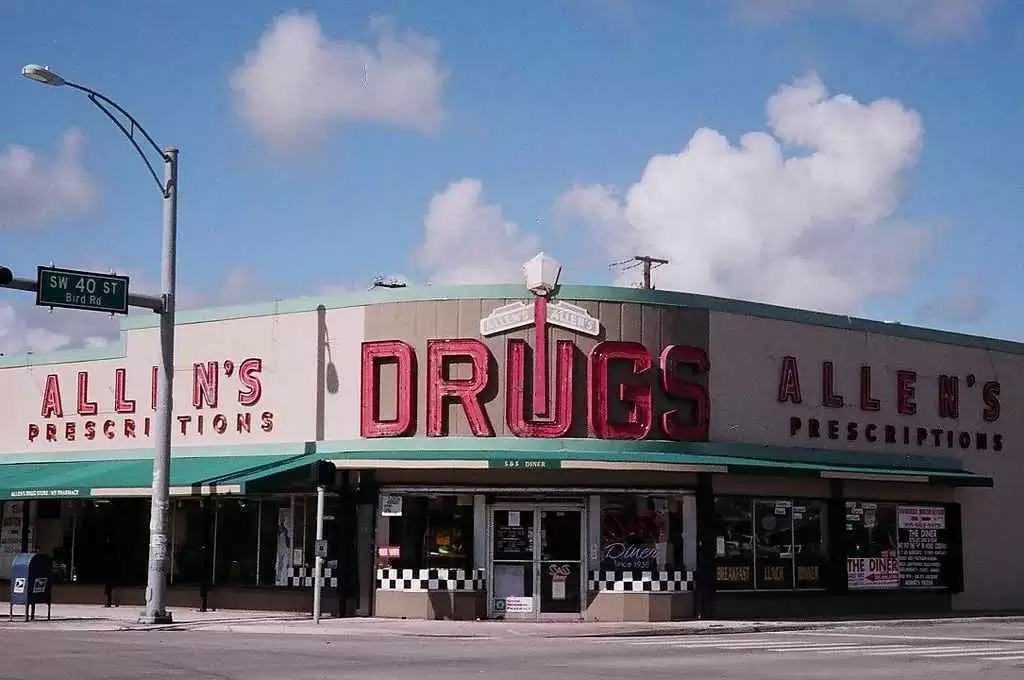
Celiac.com 06/11/2018 - Untreated celiac disease causes damage to the small intestine, which can interfere with proper nutrient absorption. Most patients can recover proper nutritional absorption via vitamins and mineral therapy, according to the CDF. Avoiding gluten is key. However, many people with celiac disease may not know that their pharmacist might just be one of their best allies in the fight to avoid gluten.
Currently, there are no rules that require drug manufacturers to disclose the source of medication ingredients. Consumers can contact the manufacturer directly with questions, and some drug companies strive for clear, helpful answers, but getting correct information can be challenging. Many times though, an answer won't address possible cross contamination during the manufacturing process.
Celiac.com Sponsor (A12):
This is where pharmacists can be a strong ally for patients with celiac disease. Here are a few way that pharmacists can help people with celiac disease to avoid hidden gluten in their prescriptions and over-the-counter drugs.
The first thing pharmacists can do is to check ingredients on prescription medications these patients are taking. They can also share related information to help educate patients, and to improve their choices, and speak with drug manufacturers on patients’ behalf. In addition to assisting with prescription medicines, pharmacists can offer recommendations on vitamins and supplements.
As with prescription drugs, both doctors and patients should do their best to review the ingredients used to manufacture vitamins and supplements, and to share this information with celiac patients.
So, if you have celiac disease, definitely consider enlisting your pharmacist in an effort to get complete drug and supplement information. This simple tactic can help you to remain gluten-free during your course of drug treatment, however long that may last?
Do you have a story about gluten in prescription drugs or supplements? Do you use your pharmacist to help you better understand your gluten-free drug and supplement options? Share your story with us.
Source:









Recommended Comments
Create an account or sign in to comment
You need to be a member in order to leave a comment
Create an account
Sign up for a new account in our community. It's easy!
Register a new accountSign in
Already have an account? Sign in here.
Sign In Now